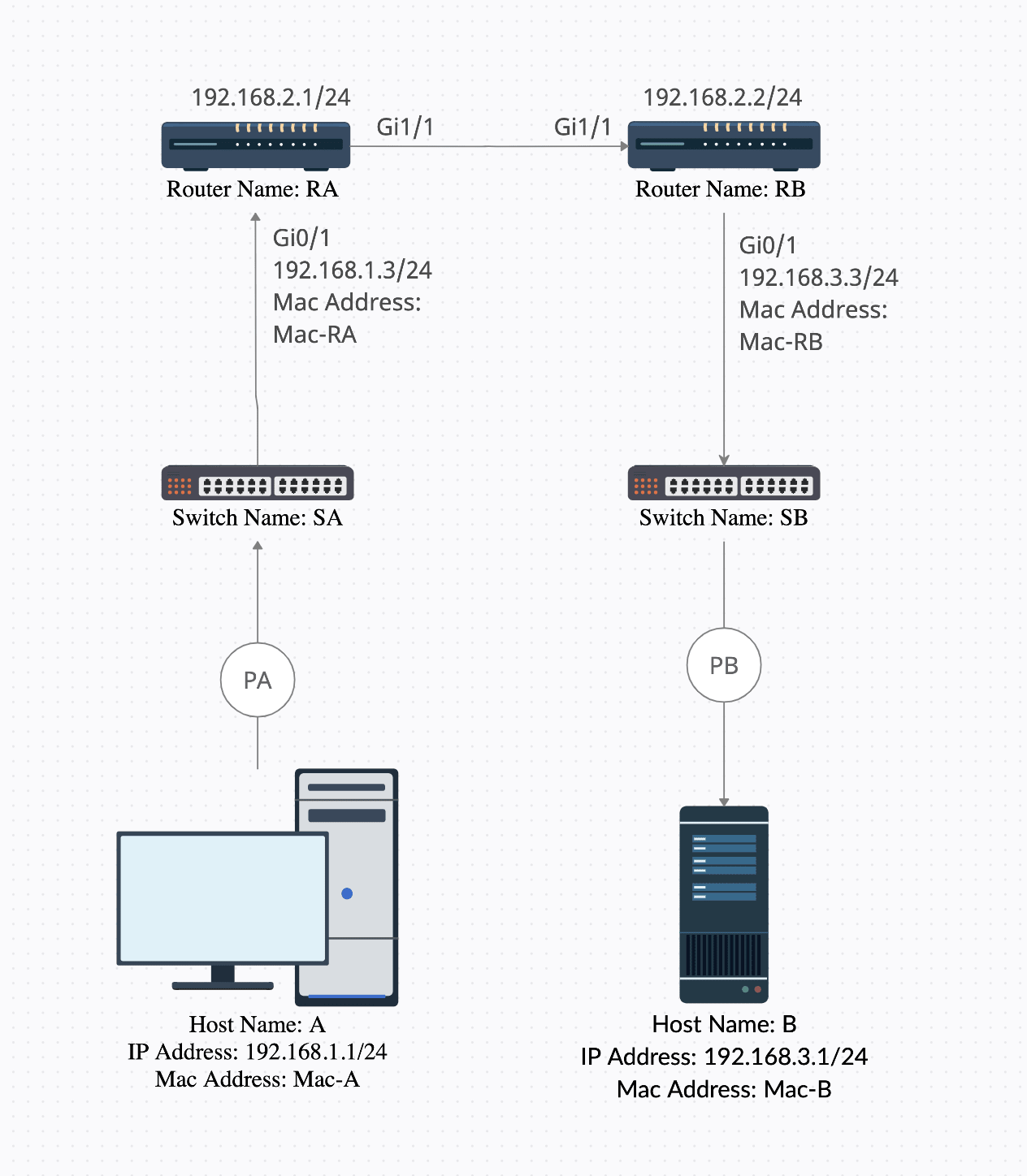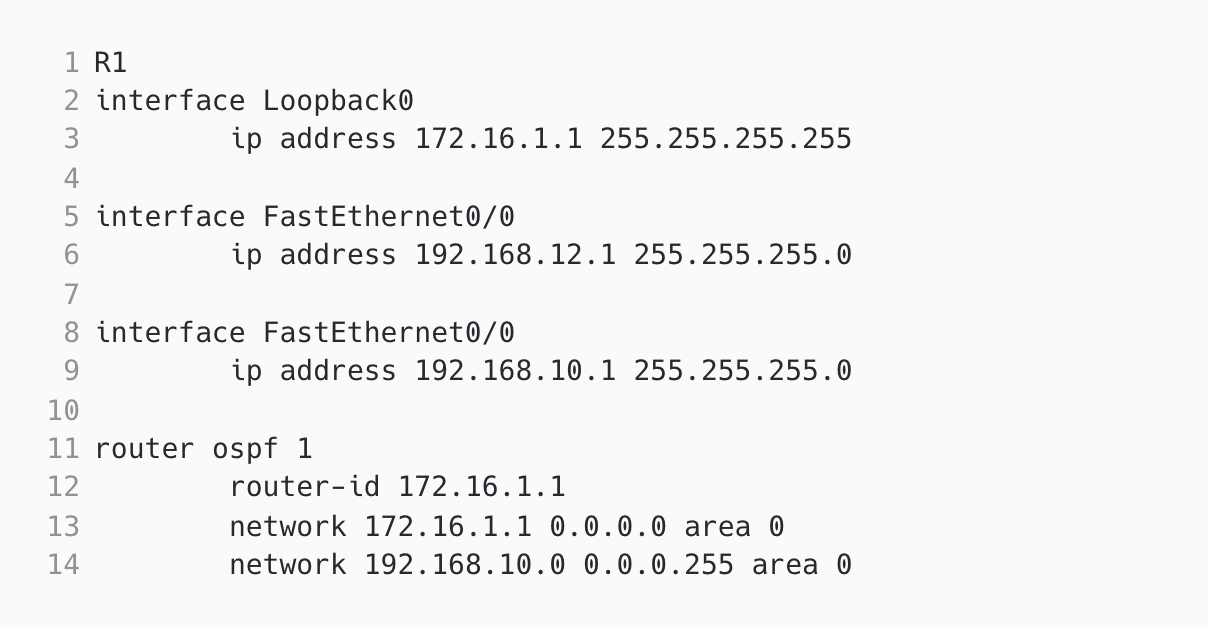Network protocols: Network protocols are sets of rules and conventions that devices use to communicate with each other over a network. Understanding network protocols is crucial for network engineers as it allows them to configure and troubleshoot network devices to ensure efficient and secure data transmission.
Network security: Network security refers to the measures and practices implemented to protect a network from unauthorized access, misuse, and attacks. Evaluating this skill in the test helps recruiters assess the candidate's knowledge of firewall configurations, encryption protocols, intrusion detection systems, and other security mechanisms that are essential for safeguarding network infrastructure.
Routing and switching: Routing and switching involve the processes of directing network traffic and connecting different network segments. Proficiency in routing protocols and switch configurations allows network engineers to efficiently manage and optimize data flow, ensuring reliable and fast communication between devices connected to the network.
Network troubleshooting: Network troubleshooting refers to the ability to identify and resolve issues that may affect the performance, connectivity, or security of a network. It involves analyzing network logs, diagnosing network hardware or software problems, and implementing necessary solutions to maintain network functionality.
Wireless networking: Wireless networking involves the configuration, deployment, and management of wireless communication technologies, such as Wi-Fi, Bluetooth, or cellular networks. Network engineers with expertise in wireless networking can design and implement reliable and secure wireless networks, as well as troubleshoot connectivity or performance issues in these environments.
Network design: Network design entails creating a blueprint or plan for a network infrastructure that meets specific business requirements. Network engineers with proficiency in network design can optimize the layout of devices, determine IP addressing schemes, select appropriate network topologies, and ensure scalability and efficient resource utilization.
Network management: Network management involves monitoring, configuring, and controlling network devices and resources to ensure their smooth operation. This skill covers knowledge of network management protocols, such as SNMP, as well as tools and techniques for performance monitoring, fault detection, and configuration management.
TCP/IP: TCP/IP (Transmission Control Protocol/Internet Protocol) is the standard protocol suite used for communication in the internet. Understanding TCP/IP is fundamental for network engineers, as it enables them to effectively troubleshoot and manage network connectivity issues, ensure interoperability of different devices and networks, and implement security measures to protect data transmitted over the network.
LAN/WAN: LAN (Local Area Network) and WAN (Wide Area Network) refer to different types of networks that connect devices over different geographic areas. Assessing LAN/WAN knowledge helps recruiters evaluate a candidate's ability to design, implement, and manage network architectures, including local networks within a building or campus (LAN) and networks spanning multiple locations and connected through public or private links (WAN).
Network performance optimization: Network performance optimization involves analyzing and fine-tuning the network infrastructure to maximize its speed, efficiency, and reliability. Professionals with expertise in this skill can employ various techniques and tools, such as bandwidth optimization, traffic analysis, or Quality of Service (QoS) configuration, to optimize network performance and deliver a better user experience.






















































